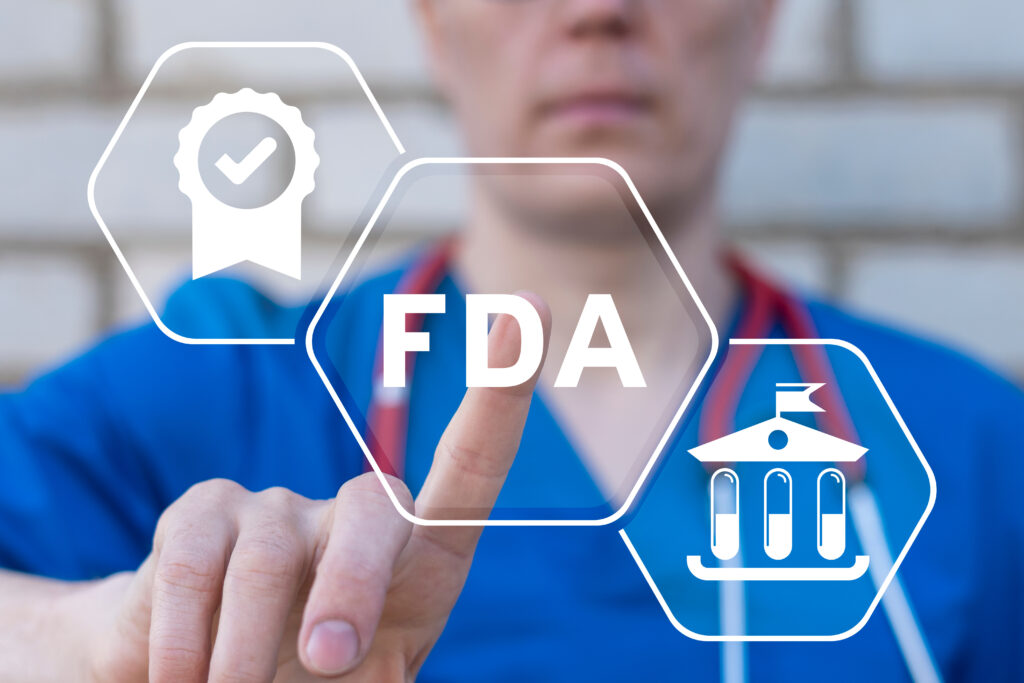
Summary
This two-part article is part of our blog series “Introduction to USP Compliance in Pharmacy: Insights and Best Practices.” This part one explores how United States Pharmacopeia (USP) standards and key provisions of the Federal Food, Drug, and Cosmetic Act (FDCA) serve as the basis for federal oversight and enforcement of human drug compounding in the U.S. Part two will delve into these key FDCA provisions in more detail and describe the types of enforcement the U.S. Food and Drug Administration (FDA) relies upon before concluding with key takeaways and listing some helpful FDA resources.
Who Enforces USP?
Over the years as a pharmacist and consultant, I have often noted confusion about United States Pharmacopeia (USP). Sure, at a high level, we all know that USP Chapters <795>, <797>, and <800> provide essential standards and guidelines that we must follow when compounding or handling hazardous drugs. But just how are these standards enforced? Who enforces them? The short answer is that federal and state agencies and independent third-party accrediting bodies, like The Joint Commission, rely on USP standards for oversight. However, as health providers, we must understand more. This two-part article will focus on federal oversight and enforcement, starting with how USP standards and key federal of the FDCA play a crucial role.
Federal Laws/Rules
When teaching pharmacy law, first-year students often questioned me how both state and federal agencies can oversee pharmacies and pharmacy practice. This confusion is why we typically started with a review of the U.S. and state constitutions and laws and how the Supremacy and Commerce Clauses, along with the Doctrine of Preemption, served as the basis for this oversight. With this basic understanding, we naturally started with federal law and how it applies. Concerning compounded human drugs, the Federal Food, Drug, and Cosmetic Act (FDCA) and its enforcement by the FDA plays the primary oversight role. Therefore, in this multi-part series, we will start with the role of the FDCA and FDA.
How Does USP Fit In?
In the second part of this article, we will delve into the FDCA and its enforcement by the FDA in more detail. However, first, it is helpful to understand how USP chapters fit into the FDCA and the FDA’s enforcement. The USP and the FDA have clarified that they work closely together. The FDA has multiple delegates in the USP’s top leadership body (the USP Convention), USP staff maintain regular contact with FDA leadership in quarterly meetings, and FDA staff serve as liaisons on USP expert committees, meetings, expert panels, and stakeholder forums.
Therefore, it is not surprising that the FDCA specifically references USP standards that the FDA relies upon for its inspections and investigations. Examples include USP references in Sections 501(b) (adulterated drugs), 503A(pharmacy compounding), and 503B (outsourcing facility).
FDA Enforcement
FDCA Sections 503A, 503B, and 501 provide the most important regulations and standards that impact FDA oversight of drug preparation and compounding. For example, the FDA might inspect a pharmacy that considers itself a compounding pharmacy under Section 503A and determine that it fails to meet the specific USP <797> standards referenced under this section. Alternatively, the FDA might decide that the compounding pharmacy fails to meet the traditional compounding criteria in 503A and is thus subject to the much more rigorous current good manufacturing practices (cGMP)s of 503B.
As another example, the FDA might inspect a pharmacy relying on the USP <797> immediate-use provisions but determine that it produces adulterated, contaminated, or injurious products under Section 501(a). Alternatively, it might decide that the pharmacy is improperly relying on the immediate-use provision and determine that it is subject to complete USP standards under 503A.
Take Aways
So far, we’ve learned that USP standards are specifically referenced in Sections 501, 503A, and 503B of the FDCA. When compounding, it is never safe to assume that you are free from FDA oversight—even when compounding under the immediate use provisions under USP 797. A thorough understanding of these sections and how they apply to your practice is essential for maintaining full compliance and being prepared. In the second part of this article, we will discuss these sections in more detail and the various types of enforcement the FDA relies upon.
